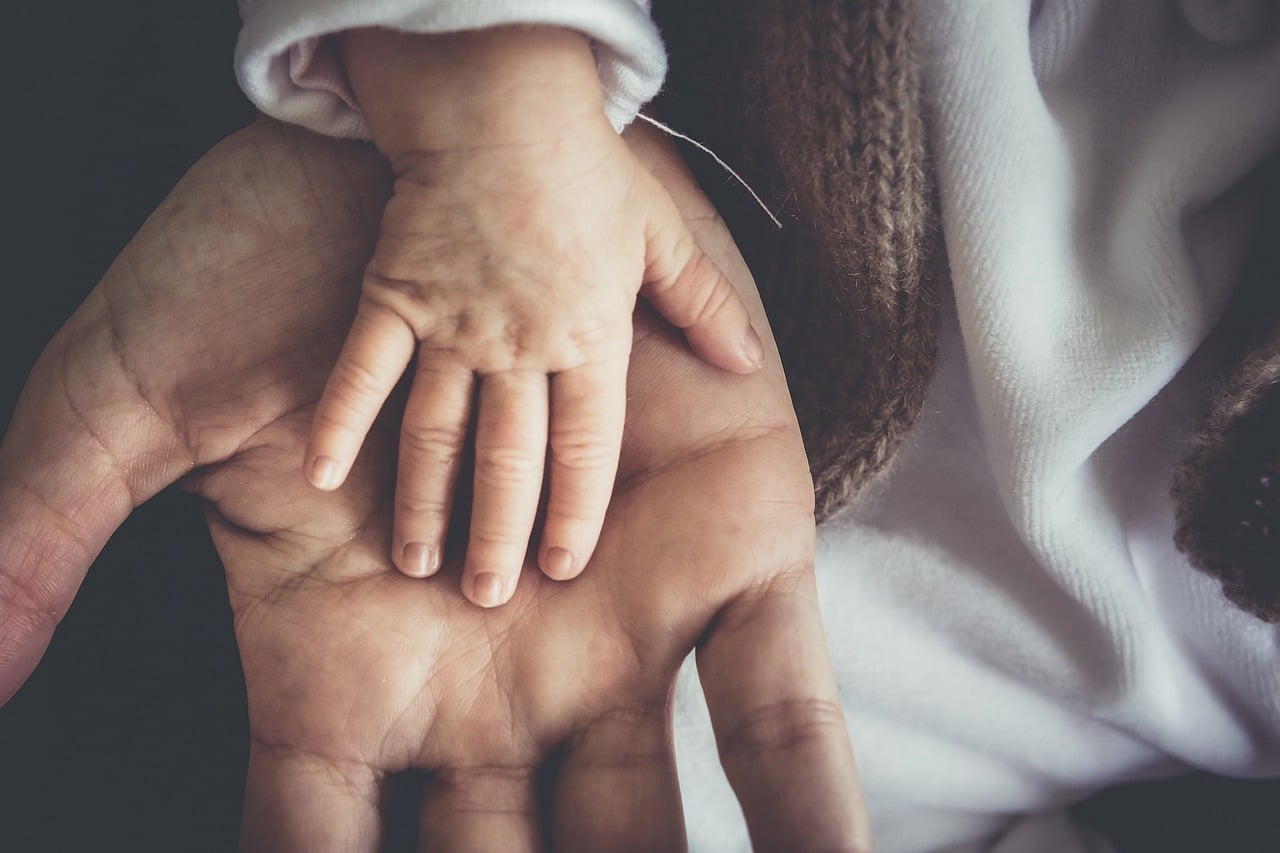
Cisgender people are content with the sex they were biologically assigned.
Cisgender is the individual whose gender matches the biological sex assigned to them at birth . This definition is the one recognized as valid by the Urgent Spanish Foundation ( Fundéu BBVA ), since we are dealing with a term that is not part of the dictionary of the Royal Spanish Academy (RAE), but is used very frequently in everyday speech. .
Gender and biological sex
Gender and biological sex are different concepts: the former is a sociocultural construction that transcends biology, while sex is associated with the genital organs . It is important to distinguish them to respect the needs, sensations and feelings of all human beings, since each person's relationship with them is not the same.
When the sexual organs match the self-perceived gender, the person is cisgender. If, on the other hand, there is a contradiction between gender and biological sex, it is a transgender person , regardless of any surgeries or treatments for sex reassimilation. In the event that the transgender subject undergoes surgery and/or carries out hormonal treatment to acquire the appearance of the opposite sex, he or she becomes a transsexual individual .
A cisgender man, in short, identifies with his male genitalia, just as a cisgender woman does the same with her female genitality. Importantly, this has nothing to do with sexual attraction: someone who is cisgender can be heterosexual or homosexual .
Discovering one's own gender identity is not easy, although it occurs for each person at a different time in their life, with a particular degree of clarity. There are young children who know with certainty that they are not cisgender, as well as people who only understand it when they are approaching old age. The impositions of society cloud our vision, they force us into a mold that we generally adopt from childhood without knowing why, but over the years some of us understand that it does not belong to us.
Cisheteronormativity
Cisheteronormativity is known as the set of ideas that are assimilated to cisgender and heterosexual, which tend to be socially accepted and impose themselves on the criteria of those who do not belong to this group . The society where the ideas of cisgender and heterosexual men predominate is often referred to as cisheteropatriarchy .
This concept has such a large scope and such terrible consequences that it is not enough to define it with theoretical sentences. It is not a simple ideology, a way of seeing life, but a kind of despotic government whose implementation is perceived normally by the majority of people, ruining the lives of those who do not conform to its narrow measures. , leading them to repression , self-hatred and, in many cases, suicide.

Cisheteronormativity accepts only a portion of society.
But its breadth is such that it covers situations with all shades of clarity: from verbal or physical attacks to working conditions that are structured to the detriment of people who are not heterosexual cisgender men . The ideas promoted by cisheteronormativity are not harmless in any of their phases, but they can become extremely dangerous when they are implemented in a large part of society: a transgender person lives immersed in a world that does not accept them, that hates them and pursue.
Of course, hate, unlike love, is twisted and absurdly complex: it does not always come from the "opposite side", but many times our worst enemies are like us, but they are afraid to admit it. There are many unfortunate cases of machismo on the part of women, of transphobia on the part of transgender people. This makes the fight especially difficult, because we can never be sure of the origin of the attacks.
